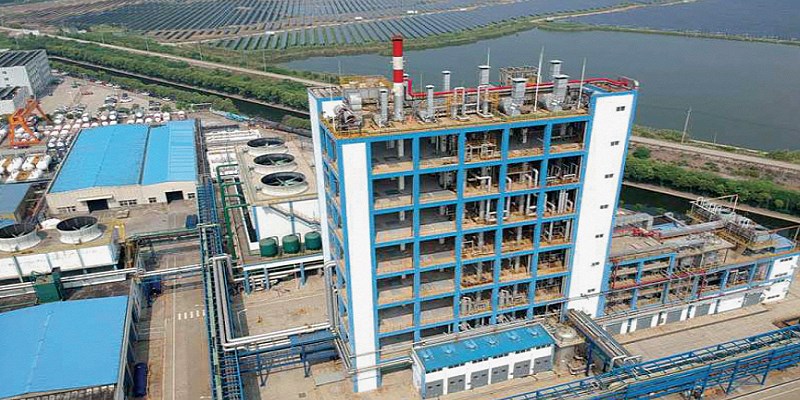Dr. Ye’s job responsibilities include providing engineering support and technical guidance for Chemours projects in the Asia Pacific region and joint venture projects. “It is my and my colleagues’ responsibility to ensure that production processes run stable and at maximum capacity,”he stated. “In fact, for chemical companies, having an uptime rate of more than 90% is already very impressive, because regular shutdowns for maintenance and upkeep are crucial. What we need to pay special attention to is the prevention of unscheduled shutdowns.”
According to Dr. Ye, one of the main causes of unscheduled shutdowns is valve leakage, by which he includes both internal and external leaks. He explained, “External leakages can be a very common phenomenon in some industries, but for fluorochemical companies like ours, even a ppm level of leakage is unacceptable. Similarly, internal leakage is also not permitted.”
Ye continued, “There are many causes for leakages, so we need to implement stringent checks and assessments at each step of the process.” As the Chairman of the 2018 Fugitive Emissions Summit China, Dr. Ye provided detailed analyses, examples and experiences during the Summit on how to avoid or reduce leakage during plant operation by focusing on MIQA (Mechanical Integrity and Quality Assurance).

To avoid and reduce plant leakage, Chemours installed an Online Air Monitoring System on site that can automatically collect air samples in a regular base from more than 500 sensitive locations such as critical valves, pumps, compressors, distillation columns, and reactors in the enclosed building. The samples are
then transported to a centralized air/organics analyzer for automatic analysis and the results are sent to the
plant DCS (Distributed Control System) for evaluation and triggering voice/flash alarms and/or interlock in
case of any leakage detected. Plant operation will take actions regarding the leak concentration levels as per
the response plan in place. “This system can help us identify the location of the leakage quickly as soon as it occurs during the plant operation. Depending on the significance of the leakage, urgent actions will be taken to stop the leakage, including shutting off the upstream valves, pumps, or even the reactors,” said Dr. Ye. Workers are equipped with proper personal protection equipment (PPE) and sent to repair the leakage. “Every time leakage is found and repaired, the team uses Helium leak tests to ensure that the repair was done properly, and no leakage was present even in ppm level,” he further explained.



